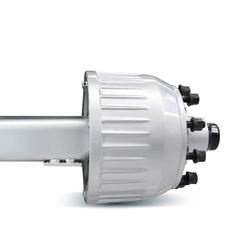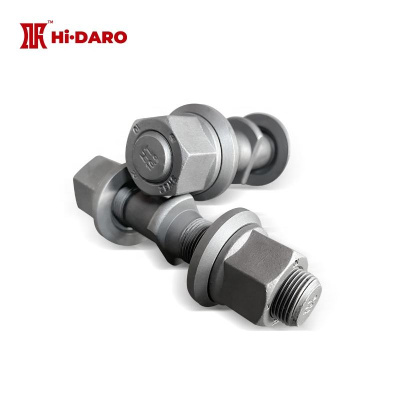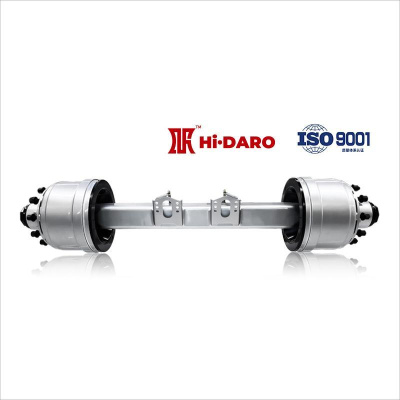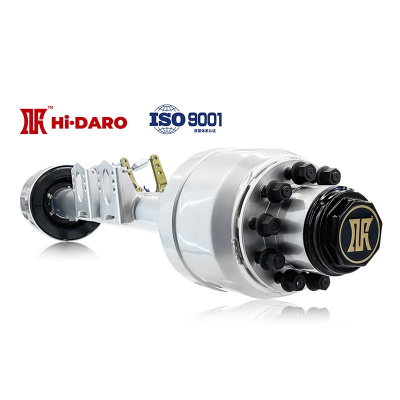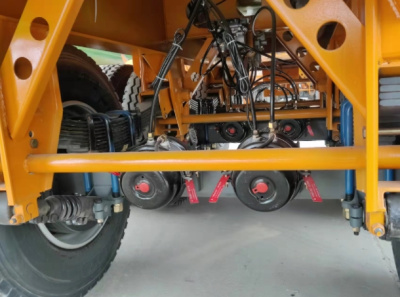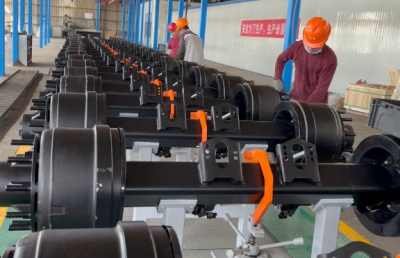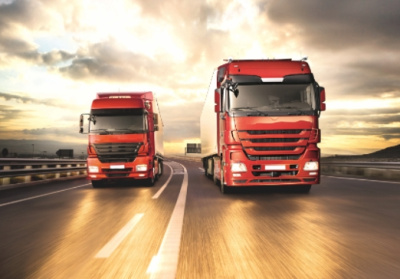Vale la pena acquisire il valore del camion pesante a gas naturale?
Gli autocarri pesanti a gas naturale si riferiscono a un tipo di veicolo che utilizza il gas naturale come carburante e sostituisce il carburante. Il loro combustibile può generalmente essere diviso in due tipi: GNL (gas naturale liquefatto) o CNG (gas naturale compresso).
Con il continuo aumento dei prezzi del diesel e l'aumento dei costi operativi dei tradizionali camion pesanti, insieme alla prevalenza di nuove tendenze energetiche nei veicoli, molti proprietari di auto hanno rivolto la loro attenzione ai camion pesanti a gas naturale al momento dell'acquisto di automobili.
Secondo i dati pertinenti, le vendite di autocarri pesanti a gas per assi naturali sono aumentate dell'11% mese su mese e del 166% su base annua a giugno di quest'anno. Questo è anche il quinto mese consecutivo in cui il mercato degli autocarri pesanti a gas naturale ha raggiunto sia una crescita mese su mese che anno su anno. Non è esagerato affermare che i camion pesanti a gas naturale sono diventati quasi una forza importante che guida la ripresa del mercato degli autocarri pesanti.
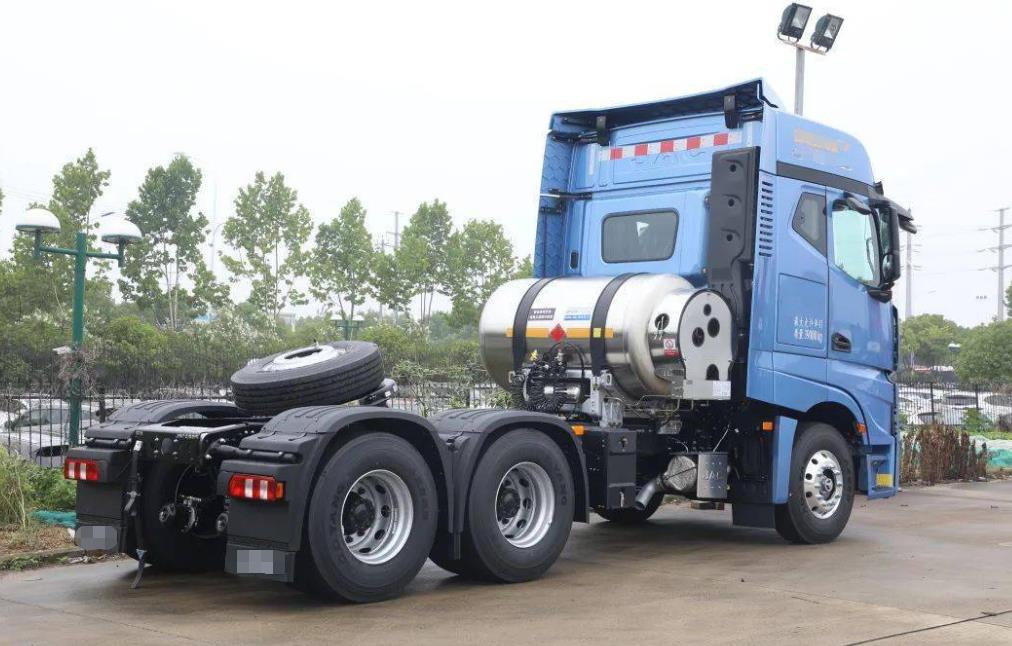
So, is it worth starting with natural gas heavy-duty trucks? This also starts from the advantages and disadvantages of natural gas heavy-duty trucks themselves.
Advantages of natural gas heavy-duty trucks:
1. Fuel prices are cheaper:
In general, natural gas prices are cheaper than diesel, especially in the current context of rising fuel prices. In terms of vehicle fuel alone, natural gas heavy-duty trucks can save a lot compared to traditional fuel vehicles.
2. More environmentally friendly:
As a clean fuel vehicle, natural gas heavy-duty trucks have advantages such as clean environmental protection, good economy, and low operating costs. Under the same conditions, the emission pollution of natural gas heavy-duty trucks is much lower than that of diesel vehicles. The carbon dioxide, carbon monoxide, and hydrocarbons in the exhaust are significantly reduced compared to diesel vehicles, and there are basically no harmful substances such as sulfides and benzene.
3. Protecting the engine:
Natural gas burns more completely and cleanly in the engine, which is less prone to carbon accumulation. It can greatly reduce the wear of parts in the engine cylinders, extend the engine's service life, and reduce vehicle maintenance or repair costs.
4. High ignition point and low temperature resistance:
The ignition point of natural gas is high, above 600 ℃, and it is not flammable. In cold weather conditions, there is no wax formation in diesel, and there is no need for oil heating. Additionally, it has good low-temperature starting performance.
5. Not afraid of 'fuel consumers' stealing oil:
Natural gas is not something that can be stolen if asse del rimorchio you want to. When car owners are tired, they can stop and rest without worrying about fuel theft or sleeping on the fuel tank in cold weather.
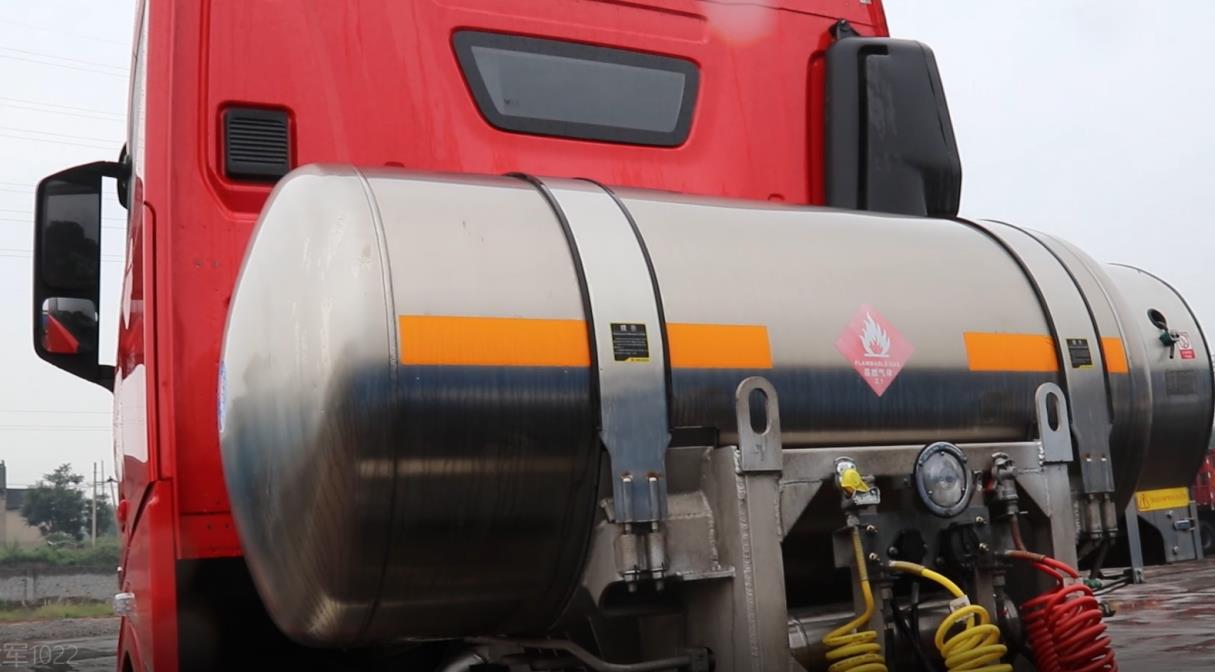
Disadvantages of natural gas heavy-duty trucks:
1. Poor coverage of gas stations:
At present, the coverage rate of gas stations in China is far lower than that of gas stations. Once car owners have traveled a long distance, they must always calculate their fuel mileage and plan their routes.
2. High selling price and long payback period:
At present, the price of natural gas heavy-duty trucks is generally higher than that of gasoline vehicles. Even if modified, such as replacing the engine, installing gas storage tanks, pressure reducing valves, mixers, etc., the price is probably tens of thousands of yuan. Under the same horsepower configuration, natural gas heavy-duty trucks have a longer payback cycle than fuel heavy-duty trucks. If the supply of goods is stable, this is not a problem, but when the market situation deteriorates, car owners may face greater pressure to pay back.
3. High maintenance costs:
According to some car owners, repairing a heavy truck with natural gas costs at least over a thousand yuan, resulting in higher maintenance costs.
4. Insufficient power:
Especially at present, most engines of natural gas heavy-duty trucks are modified from original diesel engines. After switching to natural gas, the power often decreases by about 10% -20%, which to some extent leads to the phenomenon that car owners claim to be sluggish climbing and slow acceleration response.
5. Not suitable for long-distance transportation:
After filling up the fuel tank of a heavy truck, it is basically not a problem to run for over one or two thousand kilometers, but a natural gas heavy truck of the same specification can run for about a few hundred kilometers even if it is fully charged.
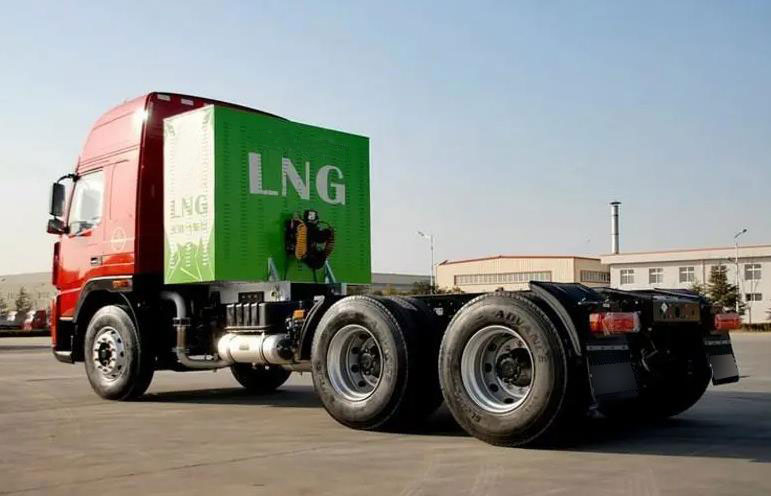
Vale la pena notare che i costi operativi degli autocarri pesanti a gas naturale non sono fissi e sono strettamente correlati ai prezzi del gas. Ad esempio, nella seconda metà del 2017, a causa dell'impatto del gas da riscaldamento, i prezzi del GNL sono aumentati in modo significativo, determinando un aumento significativo dei costi operativi dell'assale del rimorchio degli autocarri pesanti a gas naturale. Ci sono stati persino casi di autocarri pesanti a gas naturale che sono stati chiusi sul mercato.
Inoltre, il serbatoio di stoccaggio del gas degli autocarri pesanti a gas naturale non dovrebbe mancare
